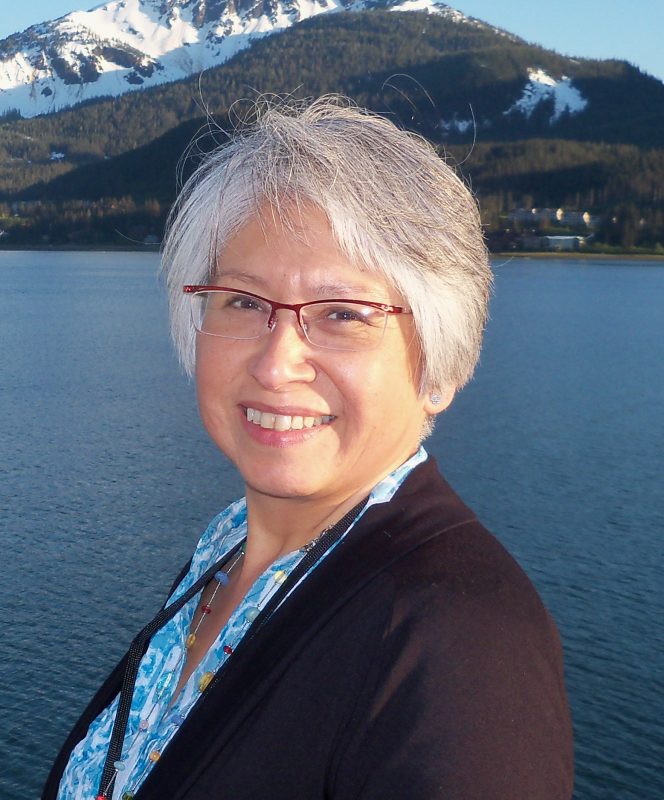 Stephanie J. Waterman ’83, G’04 is an associate professor in the department of Leadership, Higher, & Adult Education at the University of Toronto whose research exploring Native American/ Indigenous college student experiences has garnered national attention. She recently received the Outstanding Contribution to Higher Education Award from NAPSA: Student Affairs Administrators in Higher Education.
Stephanie J. Waterman ’83, G’04 is an associate professor in the department of Leadership, Higher, & Adult Education at the University of Toronto whose research exploring Native American/ Indigenous college student experiences has garnered national attention. She recently received the Outstanding Contribution to Higher Education Award from NAPSA: Student Affairs Administrators in Higher Education.
Waterman returned to Syracuse for a Ph.D. in higher education based on an experience she had while working in the office that was responsible for writing the institution’s graduation and attrition report for the National Center for Education Statistics (NCES). She discovered that Indigenous students were being erased from institutional reporting because of NCES cohort reporting guidelines that did not count part-time or transfer students. “Our report stated, in an asterisk, that there were few Indigenous students, and consequently, not included in the report. Yet, I knew many more Indigenous students personally; they were mainly part-time or transfer students,” Waterman says.
She wrote her dissertation on Haudenosaunee degree completion and specifically sought graduates to find out how they earned degrees.
Through this research, she found that the higher education literature she was reading was not her reality.
“My work is about how Indigenous students complete higher education, not drop out; about our strengths, not deficits; and about historical contexts that impact all of us today. Scholars can no longer say the research does not exist.”
Waterman’s personal experiences and research frame her work. “We all learn in our own way and bring our own ‘story’ or ‘history’ to the institution.” She says that Indigenous people, and other marginalized people who have been wronged bring various aspects of those histories with them. But settlers also share that history and bring their history with them. “Our colleges and universities were founded on and continue to operate within a system based on western settler colonialism. I open every class with a discussion of assumptions and perspectives because, we are often not aware of our biases and assumptions that impact our practice and learning.”
Waterman recently received high honors for her ground-breaking work. She is an ACPA (College Student Educators International) Senior Scholar, which gives her the opportunity to work with leaders and scholars from institutions of higher education across North America.
Perhaps the most meaningful award for Waterman was received in April 2019, the AERA Indigenous Peoples of the Americas SIG: 2019 Mike Charleston Award for Distinguished Contributions to Research in Indigenous Education.
“This touches my heart because my peers, Indigenous scholars who critique my work through Indigenous values, nominated me, and felt I should receive this recognition. I get choked up thinking about it.”
This article originally appeared in the 2019 issue of Education Exchange Magazine
